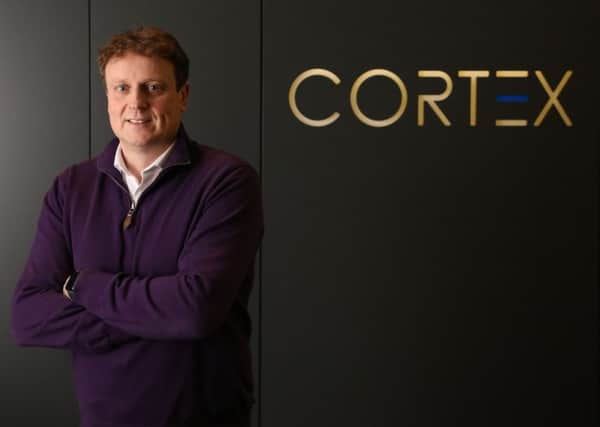Comment: Behind the scenes in Seattle’s Microsoft Campus


Seattle has quickly become the world’s most dominant city for clouds from a couple of perspectives; Microsoft and Amazon both have headquarters there and as America’s rainiest city it can make Scotland seem like a relatively dry place!
Xcelerate was an invitation-only conference to a closed group of 25 independent software vendor (ISV) start-ups and scale-ups that Microsoft believes could deliver global scale underpinned by Microsoft technology. For the first 25 years of Microsoft’s history, the company’s mission statement was “to put a PC on every desk and in every home”. Once this was achieved, the focus had to change. Now the mission and values are to “help people and businesses throughout the world realise their full potential”. This change in focus has been facilitated by a complete strategic shift to cloud technology – a big change from the physical products and licences of the past. From what I saw in Redmond, these are not just words on the mission plaque. It is a culture that is lived every day from the CEO, Satya Nadella, through the layers of management all the way to the new graduate hires.
Advertisement
Hide AdAdvertisement
Hide AdFollowing the obligatory executive meet-and-greet, some of the senior Microsoft team presented on areas like artificial intelligence (AI), cognitive services and how the Internet of Things (IoT) is allowing people and organisations to do more with less.
One case study that stood out was a solution to maximise crop output. Farmers in Africa are using IoT devices dug into the soil that collect key data in tandem with drones collecting data from above. This data is fed into Microsoft’s cloud-based artificial intelligence (AI) solution that uses algorithms to enable farmers to make smarter decisions around watering and picking crops. This solution is delivering a crop yield increase of 40 per cent while using 30 per cent less water.
We also had a session on cybercrime, one of the biggest threats to the modern world. It is a technology pandemic that is a risk to us all. Life used to be simple: lock your doors and windows and you were relatively safe from your possessions and data being stolen. Now, with all aspects of our lives being connected to the internet, keeping our information and assets protected has never been more complicated. Microsoft spends more than $1 billion a year on security, working in conjunction with the world’s major law enforcement agencies to ensure its users and customers are kept safe.
Microsoft has been carbon neutral since 2012 and the group strives to minimise its carbon footprint across all its business units. Since returning to Scotland, I have discussed making this one of our own company goals, albeit on a much smaller scale.
The focus of the presenters from Microsoft and the other businesses was fascinating. Not one of them talked much about the technology or the software, rather the outcomes for customers. Not only was this refreshing, it felt like the reason for the recovery in Microsoft’s fortunes. Working together with its partners and customers has enabled it to regain its position as the world’s largest company.
This has certainly been our experience at Cortex Worldwide. Our partnership with Microsoft has enabled us to grow and amplify our business and products in ways that would have been simply impossible ten years ago. We feel very lucky and proud to be considered a close and trusted partner of Microsoft and look forward to future successes together.
- Peter Proud, chief executive and founder of Cortex Worldwide